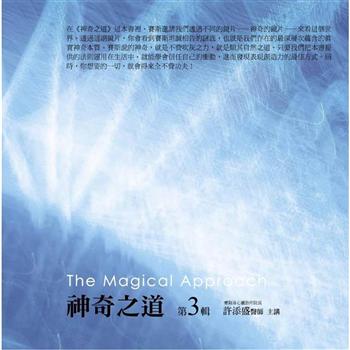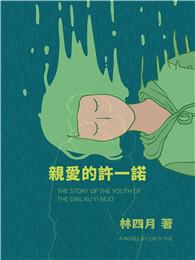The poor and working people – the majority – in cities of the South find themselves in urban spaces that are conventionally construed as places to reside, to inhabit. But what if we thought of popular districts in more expansive ways that capture what really goes on within them? In such cities, popular districts are the settings of more uncertain operations that take place under the cover of darkness, generating uncanny alliances among disparate bodies, materials and things and expanding the urban sensorium and its capacities for liveliness. They display a kind of urban infrapolitics under the shadow of the state and other vectors of power and potentiality that have yet to be properly conceptualized or harnessed by a politics of the just city.
In this important new book AbdouMaliq Simone explores the nature of these alliances through ideas of improvisation in postcolonial urbanism, Jazz, Black and Islamic studies, and subaltern literature. Drawing on material from South and Southeast Asia, he portrays urban districts as sites of enduring transformations through rhythms that mediate between the needs of residents not to draw too much attention to themselves and their aspirations to become a small niche of exception, adding something different to the fabric of mere survival. Here we discover an urban South that exists, not as a promise of justice and equality in waiting, but as dense rhythms of endurance that turn out to be vital for survival, connectivity, and becoming.
| FindBook |
有 1 項符合
Improvised Lives: Rhythms of Endurance in an Urban South的圖書 |
 |
Improvised Lives: Rhythms of Endurance in an Urban South 作者:Simone 出版社:Polity Pr 出版日期:2018-12-17 語言:英文 規格:平裝 / 14 x 21.6 x 1.9 cm / 普通級 |
| 圖書館借閱 |
| 國家圖書館 | 全國圖書書目資訊網 | 國立公共資訊圖書館 | 電子書服務平台 | MetaCat 跨館整合查詢 |
| 臺北市立圖書館 | 新北市立圖書館 | 基隆市公共圖書館 | 桃園市立圖書館 | 新竹縣公共圖書館 |
| 苗栗縣立圖書館 | 臺中市立圖書館 | 彰化縣公共圖書館 | 南投縣文化局 | 雲林縣公共圖書館 |
| 嘉義縣圖書館 | 臺南市立圖書館 | 高雄市立圖書館 | 屏東縣公共圖書館 | 宜蘭縣公共圖書館 |
| 花蓮縣文化局 | 臺東縣文化處 |
|
|
圖書介紹 - 資料來源:博客來 評分:
圖書名稱:Improvised Lives: Rhythms of Endurance in an Urban South
|











